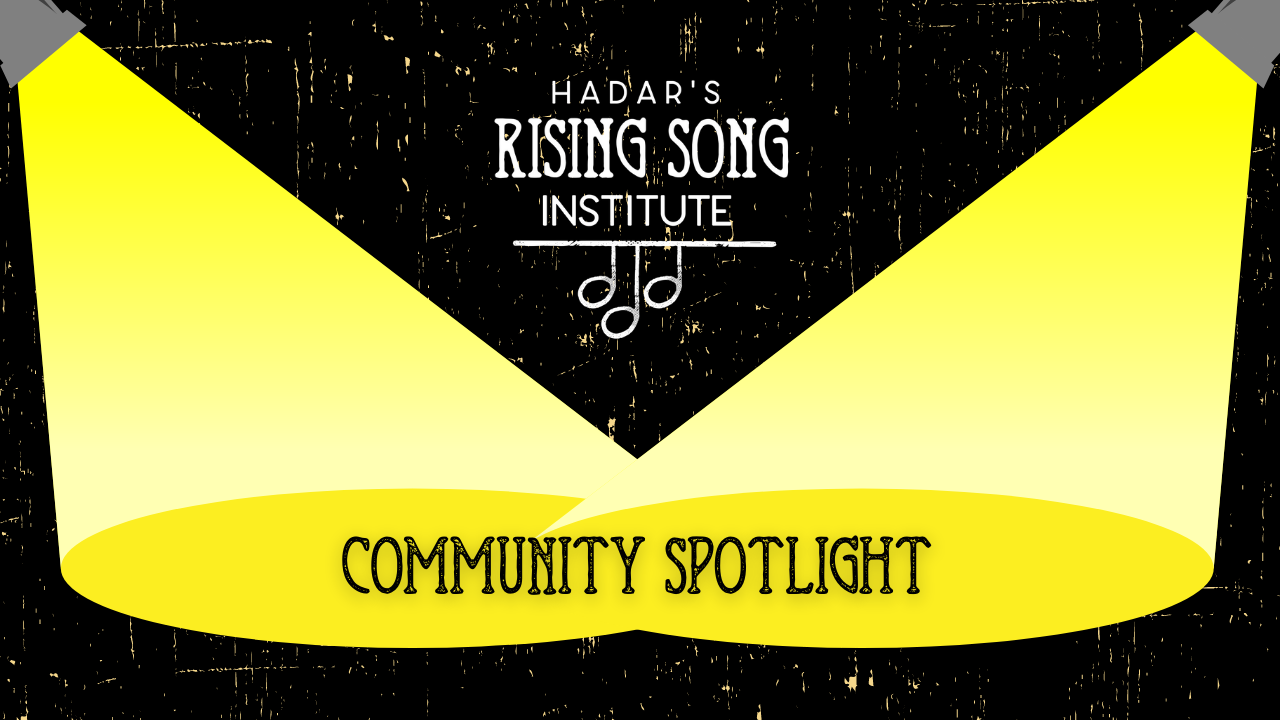
Rising Song Community Spotlight: Larry Moss
Nov 23, 2021Interview with Larry Moss by Liz Feldman, November 2021
Tell us a little about you and your background...
I'm Larry Moss. I live in Bloomington, Indiana and I'm a professor of mathematics at Indiana University. My field is logic, and I’m also professor of computer science, linguistics and philosophy. I grew up in Los Angeles and was a product of the LA Hebrew High School and Camp Ramah in Ojai, California. I had terrific teachers for Jewish subjects. Starting in my teens, I was also active in Jewish left circles like New Jewish Agenda. I have attended the National Havurah Committee’s Summer Institute in person on-and-off for many years and also taught at the first online Institute in 2020. Here in Bloomington there’s one synagogue that houses all the liberal Jews. I'm part of the more traditional minyan and currently am the main Torah reader. These days I’m usually doing around five aliyot of the full k’riyah [Torah reading] each week. I'm also a fiddler; I play in a klezmer band. So my musical side is the fiddle and the Jewish “fidl” specifically. I was a classical violin student as a child. In adulthood I switched to non-classical styles. I’m also an old-time fiddler—I play at contra dances here—and am also in the local pirate band, the Pirate Flags.
How did you find your way into Rising Song and Joey’s community?
When the pandemic started, a number of us started our own outdoor minyan in people's backyards. The synagogue was doing Zoom, and those of us who did not want it or like it started our own minyan. When the High Holidays came around in 2020, I offered to lead High Holiday Musaf, and I had to learn it from somewhere! And I actually had been going to online classes with Hadar. I learned some of the High Holidays davening from Aryeh Bernstein's recordings on the Hadar website. So when I went back this year, in 2021, to review the High Holiday liturgy, I think something popped up and said, “Hey, you could actually learn this from Joey’s master class.” I'm not usually a ba’al t’filah [prayer leader] here, since I’m kind of overloaded as the Torah reader. But I would like to do it, and I would like to do it in the style of Joey’s Master Class recordings and suggestions. Anyways, for the High Holidays I did do it. And so that was my “in” to leading t’filot. Also I always have nigunim playing around me. In fact, my daughter, who loves Joey’s music, had already mentioned him to me. So in a sense I was already primed to be involved.
What role does Jewish liturgical music play in your life currently?
Actually it is mainly my own private thing. And I do play Jewish music on the fiddle frequently. Our klezmer band gets together a few times a year. But the melodies used in our synagogue are often older, 20 to 30 years old. When I led on High Holidays, I brought the sound which I learned from Rising Song. It was all from Joey’s videos. And everybody said, “That was really nice.” But I don't exactly know. You don't really know what effect it had on people or how it landed.
What was it like for you leading during High Holidays?
It was incredible. Actually, I was totally into it. I was totally into Unetaneh Tokef, and the Avodah service on Yom Kippur, and others besides. I was so into it! People told me, “You were facing the ark, we didn’t see you, but it seems as if you were having a conversation with God.” I feel that this was due to all of the preparation that I did. Having a lot of videos made a lot of difference in my preparation. My wife said I was singing in my sleep.
Was there anything that you did while you were leading to encourage people's participation?
Yes, definitely—it was everything that Joey taught us. You wave your hands. You give people a cue with your hands, for example. And I actually discussed it beforehand. I said, “This is when you come in, when I sing a certain cadence, you sing ‘Amen’.” I prepped people beforehand, section by section. I said, “This is what I'm doing. This is your cue to come in.” Like for the grand Aleinu, “I'm going to be on the floor. I encourage you to get on the floor.” And, “Here I'm going to teach V’ye’etayu, this is a very exuberant melody, and I would like you to join on like this.” Before the last Kaddish: “This is going to be your last chance to sing in an upbeat kind of way.” And so on. With the Avodah service I ended up writing a short play that merged lines from the traditional service with a contemporary poem — I can send this to people — and I’d like to think this helped people. The High Holidays services were in a back room of the shul, 25 or 30 people in person, and a Zoom broadcast as well.
It sounds like a challenging experience and I'm moved by how you really took it on so actively.
I did prepare very intentionally. Joey’s videos were really helpful. They were very specific and line by line. In fact, the live master classes were very interesting, but not as focussed for my learning—at least until the most recent post-High Holidays session about Shabbat where Joey did really focus on Shabbat liturgy.
How would your community respond if you asked to lead the regular Shabbat davening?
I think they'll be fine with it. I would actually like to offer, but doing it the way I would want to do it. It’s already a little bit “out there” for the community. For example, I took seriously all the not standing as if on a stage, and listening while facing forwards, that Joey talks about. Many of the melodies were unfamiliar to the group (of course I stuck to the familiar ones about half the time). Nobody else does any of this, and so it’s a bit of a stretch. So would they want that again? They would probably be receptive to my trying it. I haven't done it yet, but I think I will in the future.
Is there anything you would want to ask other members of the community?
The question of: How do you deal with communities that are not really ready for the kind of singing that you want to do? This is challenging. That actually would be helpful to me. And I look forward to reading about others in the community!
Thank you very much!
This is one of hundreds of in-depth videos where Joey teaches traditional nusach (prayer chant), sings his favorite spiritual tunes (nigunim), explores the musical dreamscape of the Jewish sages, and explains how to conduct impactful prayer services and foster grassroots communal song.
Study the Torah of Music.
Lead prayers for Shabbat and High Holidays.
Connect with the virtual community.
Stay connected!
Sign up here to get updates about new music and offerings from Joey Weisenberg and Hadar's Rising Song Institute.
We hate SPAM. We will never sell your information, for any reason.

